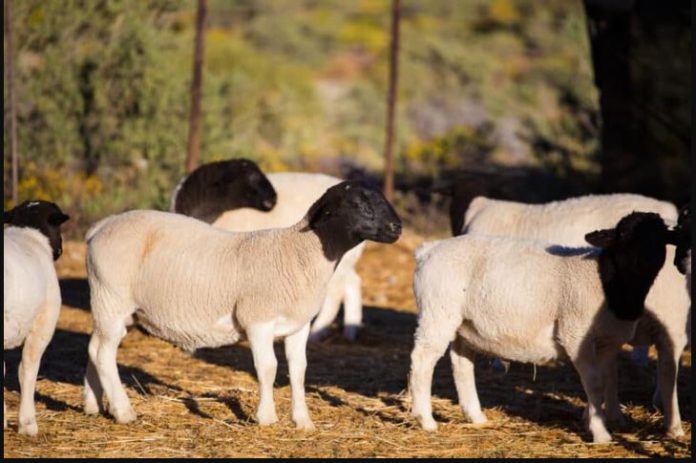The government of Kenya through the Kenya Climate Smart Agriculture Project (KCSAP) is distributing 1,000 dorper sheep and 20,000 two-months-old improved Kienyeji chicken to residents of West Pokot to boost the livestock sector and mitigate the impact of climate change in the region.
KCSAP project coordinator Philip Ting’aa said the government is committed to strengthening the resilience of livestock farmers in the face of climate shocks and increasingly unreliable weather patterns in the region.
“The government is committed to providing solutions to challenges facing agriculture in West Pokot and in Kenya at large, the government’s commitment is consistent with Sustainable Development Goals (SDGs 2) which calls to end hunger, achieve food security and improved nutrition and promote sustainable agriculture by 2030,” Ting’aa said.
Value chain programmes
The dorper sheep and improved Kienyeji chicken donations by the government forms one of the value chain programmes aimed at increasing productivity and profitability for farmers and pastoralists in the region. Ting’aa said the breeds they have been donating are hardy and perform well in dry parts of the county.
He further said the dorper sheep, galla goat and improved Kienyeji chicken have become popular in the region since this breed has a bigger body size and grows faster than the commonly kept breeds, and they fetch more money when sold.
“The demand for the dorper sheep, galla goat and improved Kienyeji from the time we donated has been rising, that is why we are in the fourth phase now distributing to the farmers for breeding,” he noted.
Over 40,000 two-months-old improved kienyeji chicken have been distributed to farmers for breeding but the demand is still high because of its dual-purpose for both meat and eggs. Ting’aa said KCSAP programmes have been enhancing farmers’ capacity to cope with climate change risks through animal breeds grants to groups in the Seeker, Lomut, Alale, Sook, Endugh and Siyoi ward within the region.
“We have been supporting interventions that promote up-take of agriculture technologies, innovations, and management practices by smallholder farming, agro pastoral communities in the region,” he explained.
Ting’aa said KCSAP has been working to transform the community by rolling out projects aimed at improving agricultural productivity, building resilience to climate change risks and conserving the environment.









